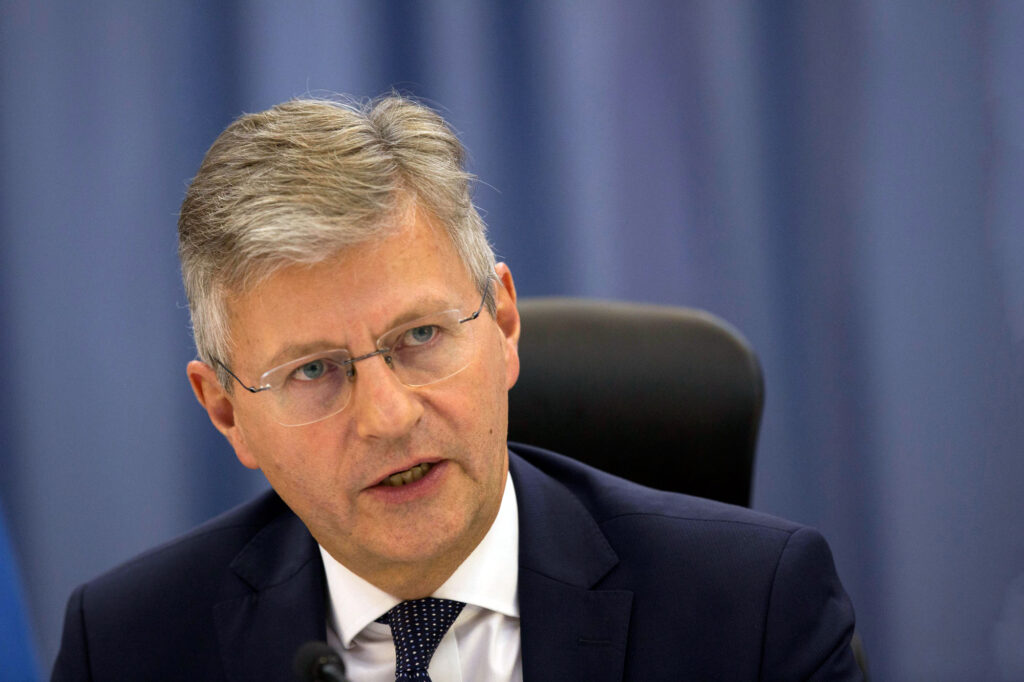The deployment of the Regional Protection Force (RPF) to the South Sudanese capital, Juba is underway, UN peacekeeping chief said on Tuesday.
In August 2016, the United Nations Security Council following request by the East African regional bloc IGAD approved the deployment of 4,000-strong regional protection force to provide security in Juba. South Sudan’s government agreed after first rejecting the regional protection force as a breach of the country’s national sovereignty.
“We expect the main body of the Rwandan infantry battalion to complete its deployment in November. The Ethiopian battalion advance party has started arriving in Juba and its deployment is expected to be completed by 20 October. The road move of the main body from Addis Ababa to Juba will commence in the latter part of October subject to clearances by the Kenyan and Ugandan governments,” Jean-Pierre Lacroix, the Under-Secretary-General of the UN Department of Peacekeeping Operations (DPKO), said in a monthly briefing to the Security Council on the situation in South Sudan.
The UN official told the 15-member body that despite various bureaucratic delays, they continue to engage the government on a regular basis to expedite the deployment of the Regional Protection Force to Juba.
“We strongly believe that enhanced cooperation by the government on the issue remains critical for the RPF to implement its mandate,” he said.
Lacroix further said the security situation in South Sudan remains a cause for serious concern, citing reports of insecurity in eastern Upper Nile, Jonglei, Nhialdeu and various areas in Equatoria.
He revealed that the South Sudanese authorities continue to restrict UNMISS’ freedom of movement, preventing the mission from fulfilling its mandate which the protection of civilians and the humanitarian aid workers. He also accused the rebel groups.
The UN official pointed out that South Sudan government remains focused on the national dialogue. “In my view, Juba remains focused on the National Dialogue process as a vehicle to move the process towards elections with an overall aim to end the transition period,” he said.
“The National Dialogue Steering Committee has reached out to some opposition parties as well as civil society organizations. However, with the unwillingness so far of significant opposition groups to join, notably because of the concurrent SPLA military operations, the credibility of the process remains in question,” he said.
The head of the peacekeeping operations said the government of South Sudan is unenthusiastic for the IGAD revitalization forum, pointing out that the government has only given a lukewarm response.
He emphasised the criticality of the IGAD initiative and urged council members to use their leverage on all parties and encourage them to engage in this process meaningfully and without any preconditions.




